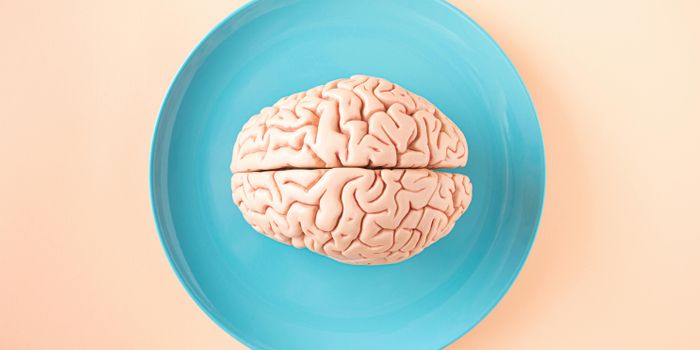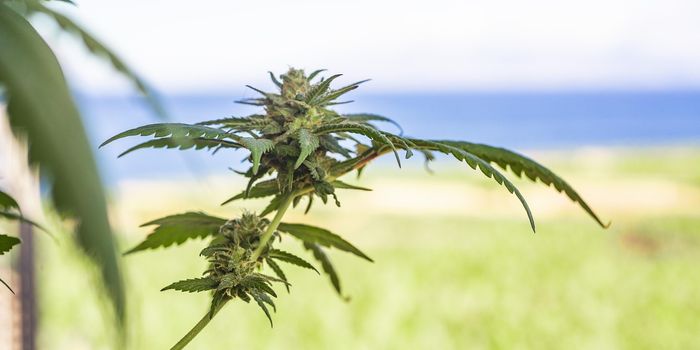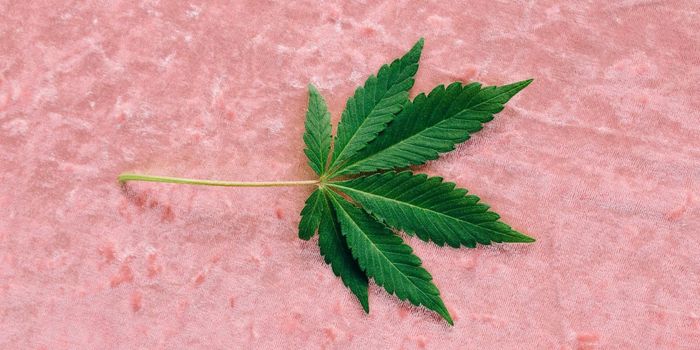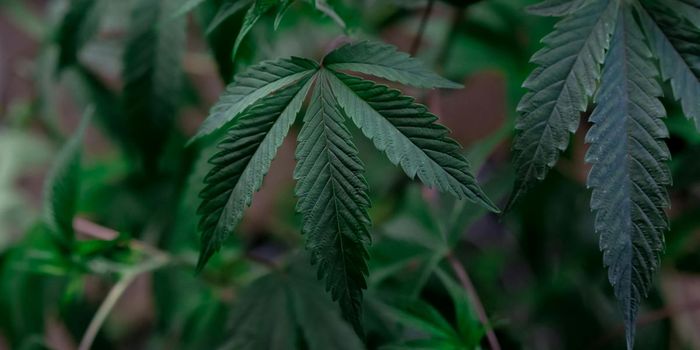Does Cannabis Affect Stress in Men and Women Differently?
Researchers from Washington State University have found that cannabis may blunt the stress response differently in males and females.
Until now, scientists have been unable to conclusively map how smoking cannabis affects the human stress response. This is largely due to ethical and practical obstacles in assigning subjects to use cannabis and preventing them from consuming the drug before being included in a study.
As such, research until now has mostly depended on animal models, which typically rely on injecting rats with isolated components of cannabis. While somewhat telling, this method is stressful to the rats and so doesn’t exhibit the same neurobiological circuits as taking the drug voluntarily.
To address this issue, the researchers in the present study developed a more natural cannabis delivery system and trained rats to self-administer vaporized cannabis at their will. They then measured their levels of stress hormone corticosterone before and after a 30-day period in which the rats were exposed to the delivery system. The researchers used male and female rats split into groups that were either not given any cannabis or given potencies varying in low, medium, or high concentrations.
To begin with, the researchers noted that all of the rats had similar spikes in corticosterone levels. However, after the 30 days, they found that only the female rats with access to the medium potency cannabis had a dampened stress response. Further analysis showed that these rats also responded more to the substance and had higher concentrations of the drug in their blood following the experiment, both factors that may explain their blunted stress response.
“Interestingly, we found that the rats that were given access to higher potency cannabis tended to respond less and had lower concentrations of THC in their blood after the experiment than the rats that had access to the medium potency cannabis,” says Ryan McLaughlin, co-author of the paper.
“What is causing this difference as well as why females seem to be more receptive to the stress muting effects of cannabis are both things we plan to investigate in the future.”
Sources: Neuroscience News, Neurobiology of Stress









